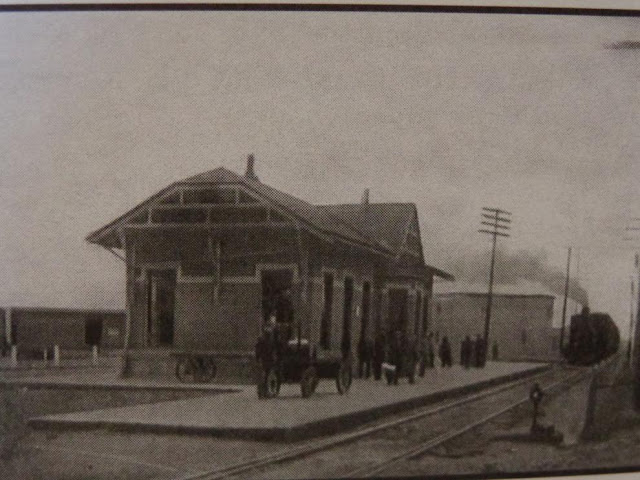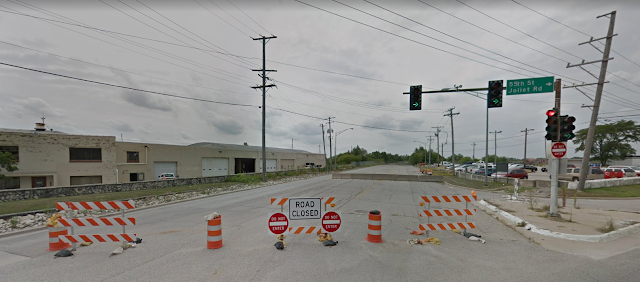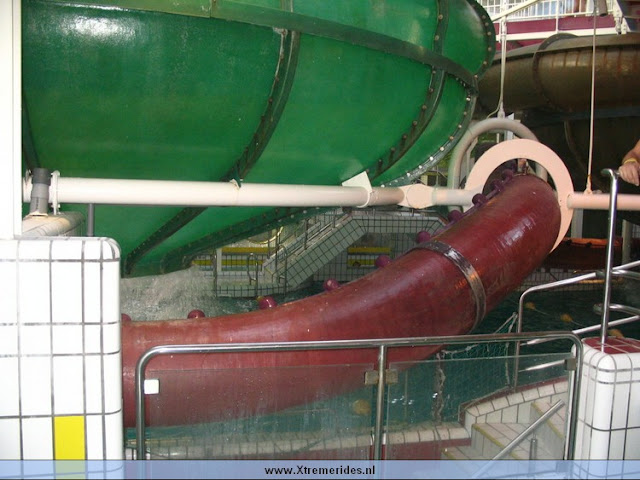The Cincinnati and Muskingum Valley Railroad connected Trinway, OH with Morrow, OH. At Trinway, it seamlessly connected to
Cleveland Akron & Columbus Railroad, of whom both lines were part of the
Pennsylvania Railroad System.
 |
|
Incorporated in 1851, the road began construction from Morrow and reached Zanesville five years later, reaching its full extent in 1870. After an 1863 foreclosure, it was reorganized as the Cincinnati & Zanesville Railroad, only for the Pennsylvania to assume control of the line seven years later, when it was extended to Trinway. It formally merged with the aforementioned CA&C Railroad in 1911.
The line continued to operate under Pennsylvania's control in its entirety until the 1950's, when passenger service was abolished. But by the 1970's, Pennsylvania's successor railroads, the
Penn Central Railroad and
Conrail began to abandon large parts of the line,
Save for a small stretch of operation at Circleville, an 89 mile stretch of line has been abandoned between Morrow, OH to Lancaster, OH, as is a 5.7 mile stretch between North Berne and Bremen, OH, and finally a 15 mile stretch between Zanesville and Trinway notated on the map as Killbuck, OH to N of Zanesville, OH, as since the entire stretch of that right of way is abandoned and was under Pennsylvania control or its successors for the vast majority of its life, it was given a single line on the map.
Finally, between Washington Court House and Wilmington, OH, the line was closely paralleled by the B&O Railroad, and this line still survives to this day. This section of the line is now the
Clinton Fayette Friendship Trail. The rest of the line not mentioned above remains in service today.
Thanks as always for reading!







Comments
Post a Comment